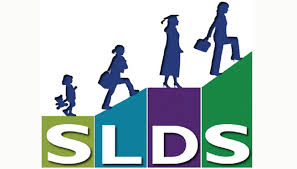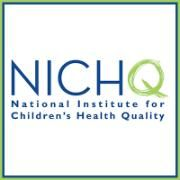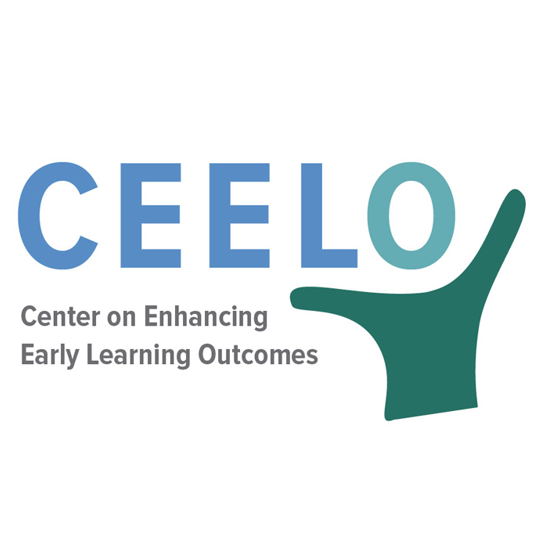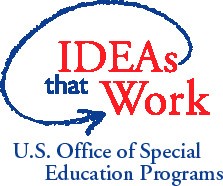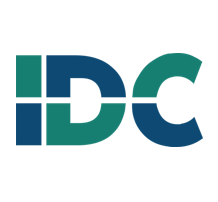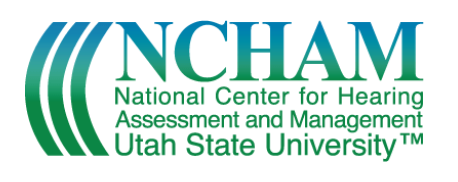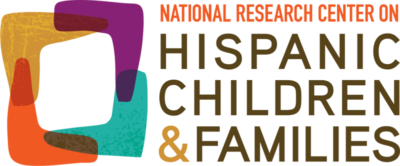ECIDS Progress across multiple EC program areas (March 16)
WebinarIn this webinar, three SLDS collaborating organizations and states will discuss the updates to integrating and using data in the ECIDS. The three areas of progress discussed on this call will be Home Visiting with the SHINE project, Early Childhood Special Education/Early Intervention with DaSy, and building analytic capacity with the ECDataWorks. There will be […]


